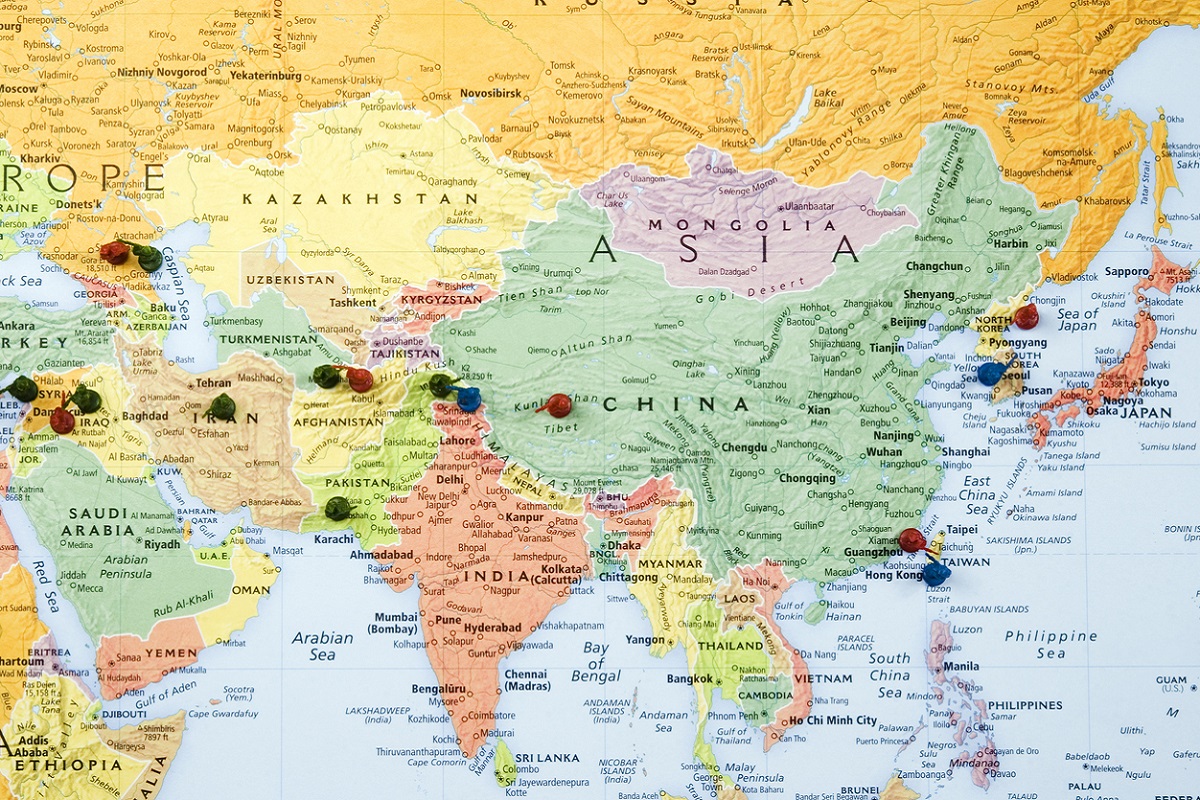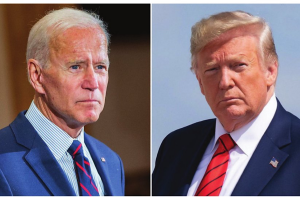In what could cause anxiety in Indian circles, The US Department of Defence says China, under the garb of protecting its economic interests, will seek to establish a military base in Pakistan where it is currently engaged in setting up the ambitious China-Pakistan Economic Corridor (CPEC).
In its annual report to US Congress on military and security developments in China 2019, the Pentagon said: “China’s advancement of projects such as the ‘One Belt, One Road’ Initiative (OBOR) will probably drive military overseas basing through a perceived need to provide security for OBOR projects.”
Advertisement
The report said, “China will seek to establish additional military bases in countries with which it has a long-standing friendly relationship and similar strategic interests, such as Pakistan, and in which there is a precedent for hosting foreign militaries.”
China currently has just one overseas military base, in Djibouti, but is believed to be planning others as it seeks to project itself as a global superpower. Pakistan is considered the most important strategic ally of China in South Asia. The CPEC is the flagship project of the OBOR, the signature initiative of Chinese President Xi Jinping.
“China’s advancement of projects such as the OBOR Initiative will probably drive military overseas basing through a perceived need to provide security for OBOR projects,” the report added.
“China’s leaders are leveraging China’s growing economic, diplomatic, and military clout to establish regional pre-eminence and expand the country’s international influence,” the report said.
Beijing in particular increasingly sees the US as becoming more confrontational in an effort to contain China’s expanding power, it said.
China, meanwhile, has taken note of a growing suspicion in many countries of the OBOR programme and has toned down its aggressive rhetoric in response. Nevertheless, the Pentagon said Beijing’s leadership has not altered its fundamental strategic goals.
The report said China seeks to secure its objectives without jeopardising the regional stability that remains critical to the economic development that has helped the Communist Party of China to maintain its monopoly on power.
However, China’s leaders employ tactics short of armed conflict to pursue the country’s strategic objectives through activities calculated to fall below the threshold of provoking armed conflict with the US, its allies and partners, or others in the Indo-Pacific region.
These tactics are particularly evident in China’s pursuit of its territorial and maritime claims in the South and East China Seas as well as along its borders with India and Bhutan.
In 2018, China continued militarisation in the South China Sea by placing anti-ship cruise missile and long-range surface-to-surface missiles on outposts in the Spratly Island, violating a 2015 pledge by Chinese President Xi Jinping that ”China does not intend to pursue militarisation” of the island. China is willing to employ coercive measures — both military and non-military — to advance its interests and mitigate opposition from other parties.











